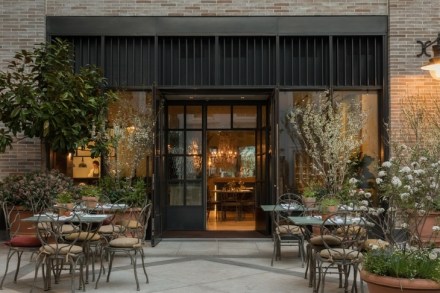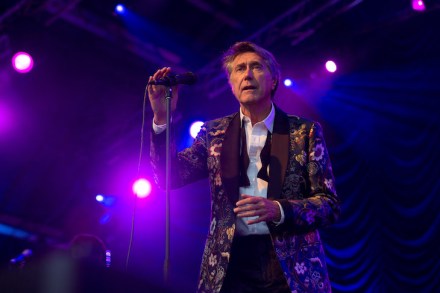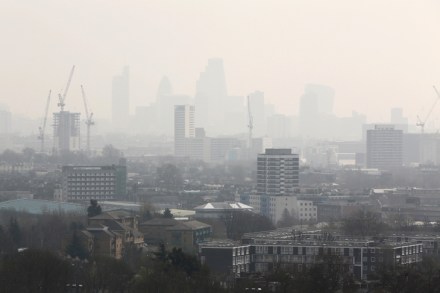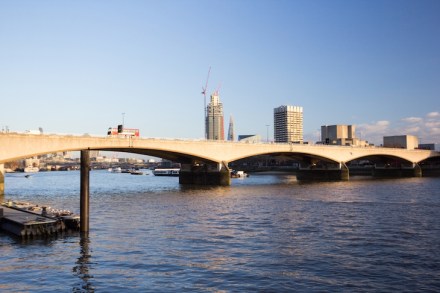Reach for the Skye
The Petersham is a fading hotel on Richmond Hill. I went to a bar mitzvah there in 1986, which gives you a good idea of how fashionable it is. I grew up near Petersham. I always thought it smelled of eternal summer, but it was the late 1970s. The Petersham is also a new restaurant in Covent Garden, a sequel to Petersham Nurseries, the garden centre café by the Thames, in Petersham, that won a Michelin star in 2011. So, the name is either a deranged lack of imagination or a monument to Petersham. I hope it is a monument. It deserves it. Now there is another Petersham restaurant, in




















